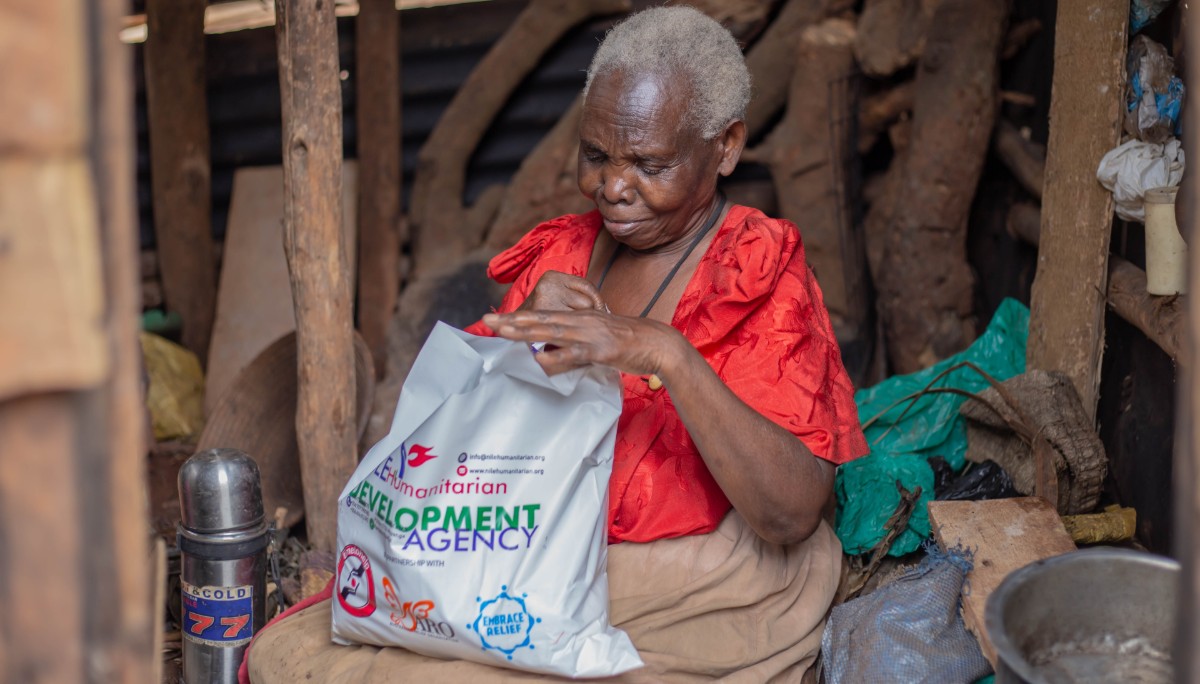
COVID-19’s Impact on Hunger Around the World
The COVID-19 pandemic has had a negative effect on food security around the globe.
After a long period of worldwide decline, the number of people suffering from hunger began to rise again in 2019 due primarily to conflicts, climate change, and natural disasters. Then the world was overcome by the coronavirus pandemic in February and March 2020. The economic damage caused by COVID was widespread: millions of people lost their jobs or parts of their income, supply chains were disrupted as national borders were closed, and food prices rose dramatically as demand rose, among other impacts.
In low-income countries, these factors made a dire hunger situation worse. In areas of the world like sub-Saharan Africa, people typically spend a high proportion of their income just on food. So when the price of staples like eggs, fruits, vegetables and wheat rises quickly, as has happened because of COVID, suddenly millions of people are unable to afford the life-sustaining food they need.
All of this suffering adds up quickly.
- A July 2021 report from the United Nations indicated skyrocketing levels of global hunger during 2020, with more than 2.3 billion people – more than a one-fourth of the world’s population – not having enough food to eat year-round.
- Additionally, estimates say that as many as 660 million people will still be hungry in 2030, the year the world was supposed to reach “Zero Hunger” according to the UN’s Sustainable Development Goals, with much of the shortfall attributable to the pandemic.
- Increased hunger is a major issue in the United States, too: The pandemic saw the number of households with children suffering from food insecurity spike, up to 15 percent.
- The widespread closure of businesses and schools during the height of the pandemic led to unemployment, increased poverty, and no free or subsidized lunches for children in need.
- An estimated 38 million people in the U.S., about one in every nine Americans, was food insecure in 2020.
Food security and COVID-19 are inextricably linked. And so while the pandemic continues, we must do all we can to get food to the people who need it.
Help feed people in need with Embrace Relief
That’s where the Embrace Relief Foundation comes in. Embrace Relief has made it part of our mission to provide food to people in need. During our International Hunger Relief Campaign: Ramadan 2021, Embrace Relief delivered food packages to more than 30,000 people across 12 countries, including more than 1,300 in Greece, more than 1,100 in Yemen, and hundreds more families in sub-Saharan Africa and South Asia. We also helped out locally, delivering food to 900 neighboring families in New Jersey.
For our International Hunger Relief Campaign 2022, we want to do so much more, and your support can make that possible. Donating any amount of money will make a difference – the amounts below represent the cost of one food package that will feed a family for one week:
- $50 for refugees in Greece
- $50 for families in the U.S.
- $65 for Yemeni families
- $25 for African children
So please, donate today. Every contribution you make helps one more family go to bed on a full stomach, and brings us one small step closer to ending world hunger.




















